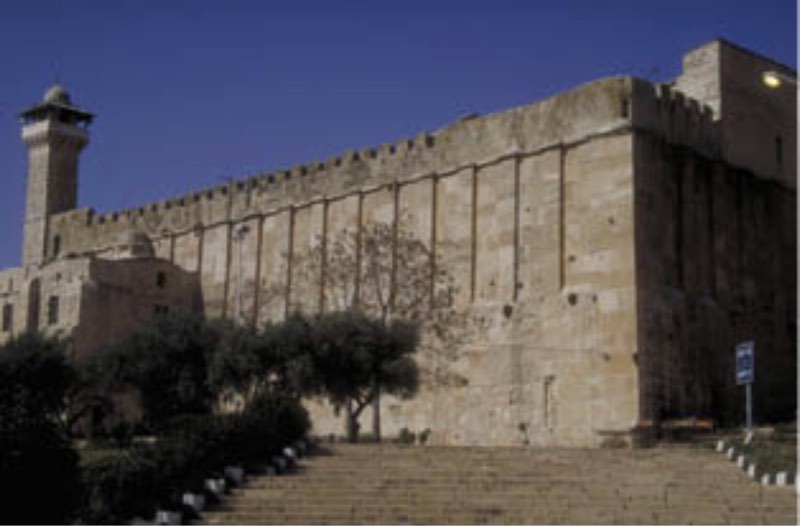Abrahamic covenant: Isaac or Ishmael from a Quranic perspective
In Surah 2, verse 124 of the Quran, it is stated that God made a covenant with Abraham through Ishmael instead of Isaac, and it is implied that Jewish scribes corrupted the Torah in favor of Isaac. How is this interpretation explained?
Surah 2, verses 124 to 125 reads:
“And when his Lord tested Abraham with certain words, and he fulfilled them. God said, “I am making you a leader of humanity.” Abraham said, “And my descendants?” God said, “My pledge (covenant) does not include the wrongdoers.”
“And We made the House a focal point for the people, and a sanctuary. Use the shrine of Abraham as a place of prayer. And We commissioned Abraham and Ishmael, “Sanctify My House for those who circle around it, and those who seclude themselves in it, and those who kneel and prostrate.”
The Quran clearly states in Surah 2, verse 124 that God made a covenant with Abraham through his son Ishmael, not Isaac. This contradicts the Biblical account which portrays Isaac as the son who was to inherit the covenant from Abraham.
The Quran suggests the Torah (the first five books of the Bible containing the story of Abraham and his sons) was corrupted by Jewish scribes who altered the narrative to favor Isaac over Ishmael. Evidence for this includes:
The Bible itself initially portrays Ishmael as the firstborn and heir before contradicting itself later by calling Isaac the "only son".
Islamic sources consistently name Ishmael as the son taken by Abraham for the intended sacrifice, while the Bible names Isaac.
The Quranic narrative does not explicitly name the son of the near sacrifice, but Islamic tradition and many Muslim scholars have historically identified him as Ishmael. This is partly based on the sequence of events in the Quran, which suggests that the promise of Isaac's birth came after the sacrifice narrative, implying Ishmael was the son involved.
The Quran establishes Ishmael's lineage as the one that inherits the covenant and religious practices like the Kaaba in Mecca, contradicting the Biblical focus on Isaac's descendants (the Israelites).
So according to the Quran and Islamic tradition, the Biblical account was distorted to displace Ishmael's status as Abraham's heir in favor of Isaac, likely due to Jewish scribes' bias towards the Israelite lineage.
The Quran asserts that it rectifies this by confirming Ishmael as the son who carried on Abraham's legacy in accordance with the original divine covenant, while the divine choice of the ancient Israelites and their Hebrew prophets before the arrival of Islam is intended to prepare the way for Muhammad, the final Prophet.

